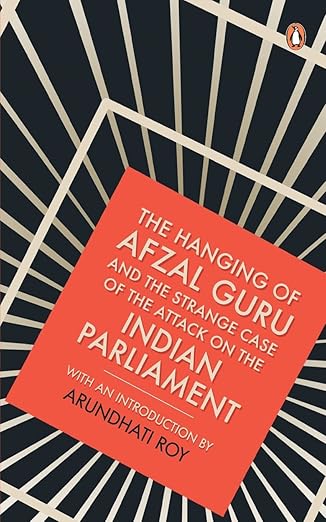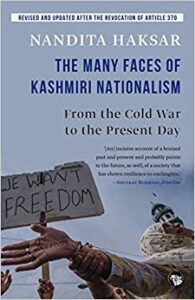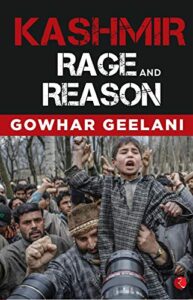“The Hanging of Afzal Guru” unpacks the trial, execution, and political ripples of the 2001 Parliament attack case, questioning justice, state power, and due process in India.
The Collective Connscience of Society
The Hanging of Afzal Guru was met with widespread protests in Kashmir, while it was celebrated by the majority in the rest of India. The stark contrast in how people reacted showed a deep and undeniable divide in public sentiments. “The collective conscience of the society will be satisfied only if the death penalty is awarded to Afzal Guru,” said the bench of Supreme Court justices while pronouncing the death sentence. Afzal Guru was arrested on 15th December 2001 with three others for his role in the attack on the Indian Parliament on 13th December 2001. He was hanged to death on 9th February 2013 to satisfy the “collective conscience of society.”
Loopholes in the Investigation
The book “Hanging of Afzal Guru” is a compilation of essays by noted writers and journalists on the Parliament attack, the arrest of Afzal Guru and other accused, and the eventual execution of Afzal Guru. These essays offer a perspective on the case that challenges the dominant narratives presented by mainstream print and electronic media. It raises serious questions about the effectiveness of the investigations conducted after the Parliament attack, highlighting numerous inconsistencies and loopholes in the official narrative and legal process.
The introduction by Arundhati Roy poses some serious questions about the Parliament attack on 13th December 2001. To be precise, there are 13 questions, all important and relevant even today. Just to give you a sample, the last of her questions is “Question 13: Why is it that we still don’t know who the five dead ‘terrorists’ killed in the Parliament attack are?” Arundhati argues that all these unanswered questions, “examined cumulatively, point to something more serious than incompetence.”
The book features essays by prominent voices such as Nandita Haksar, Vinod K. Jose, A.G. Noorani, Indira Jaising, and Mirza Waheed, all of whom raise critical concerns about the investigation process and the execution of Afzal Guru. The Hanging of Afzal Guru does not seek to definitively judge his guilt or innocence; rather, it emphasizes the fundamental issue that he was denied a fair trial. The secrecy surrounding his execution, the refusal to allow his family a final meeting, and the denial of his body to his loved ones—all point to grave procedural and ethical lapses. His grave remains within the confines of Tihar Jail, far from his home and family.
Our Verdict
The Hanging of Afzal Guru is an important book that offers readers a critical counter-narrative to the widely accepted popular narrative surrounding Afzal Guru. It presents a compelling perspectives and arguments that challenges the official stand of the Government of India on both the Parliament attack and Afzal Guru.


